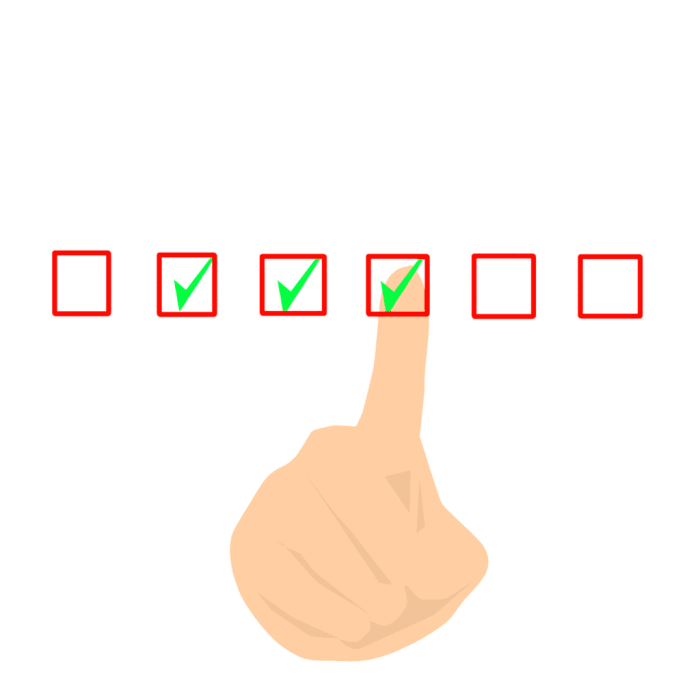Hartman’s Nursing Assistant Care Workbook is an invaluable resource for aspiring and experienced nursing assistants alike. This comprehensive guide provides a thorough foundation in the fundamentals of nursing care, equipping readers with the knowledge and skills necessary to provide compassionate and effective patient care.
Delving into the intricacies of patient care procedures, communication and documentation, legal and ethical considerations, and end-of-life care, this workbook empowers nursing assistants to navigate the complexities of their profession with confidence and competence.
Nursing Assistant Fundamentals

Nursing assistants play a vital role in providing quality care to patients in various healthcare settings. Their responsibilities include assisting with activities of daily living, monitoring patients’ conditions, and providing emotional support.
Principles of Infection Control and Patient Safety
Infection control is paramount in nursing care. Nursing assistants must adhere to strict protocols to prevent the spread of infections, including hand hygiene, proper use of personal protective equipment, and maintaining a clean and disinfected environment. Patient safety is also a top priority, and nursing assistants must be vigilant in observing patients for signs of distress, falls, or other potential hazards.
Basic Nursing Skills
Nursing assistants perform a range of basic nursing skills, such as:
- Taking vital signs (temperature, pulse, respiration, blood pressure)
- Assisting with personal care (bathing, dressing, grooming)
- Monitoring patient input and output
- Assisting with feeding and medication administration
Patient Care Procedures
Nursing assistants are responsible for performing a variety of patient care procedures, including:
Bathing and Dressing, Hartman’s nursing assistant care workbook
Bathing patients helps maintain hygiene, comfort, and skin integrity. Nursing assistants must follow proper techniques to ensure patient privacy and safety, using appropriate bathing equipment and techniques. Dressing patients involves assisting with clothing and ensuring that it is clean, comfortable, and appropriate for the patient’s condition.
Feeding
Nursing assistants may assist with feeding patients who are unable to feed themselves. This may involve preparing meals, assisting with eating, and monitoring for nutritional needs. Nursing assistants must be aware of special dietary restrictions and any swallowing difficulties that the patient may have.
Incontinence Care
Incontinence care involves managing patients who are unable to control their bladder or bowel movements. Nursing assistants must assist with cleaning, changing, and disposing of incontinence products while maintaining patient dignity and privacy.
Communication and Documentation

Effective communication is crucial in nursing care. Nursing assistants must be able to communicate clearly and effectively with patients, families, and other healthcare professionals. This includes listening attentively, using appropriate language, and being sensitive to cultural and linguistic differences.
Accurate Documentation
Accurate and timely documentation is essential for patient care. Nursing assistants must document all observations, procedures, and interventions performed, as well as any changes in the patient’s condition. Documentation should be clear, concise, and objective, and it should follow established protocols.
Legal and Ethical Considerations

Nursing assistants have legal and ethical responsibilities to provide safe and compassionate care to patients. This includes adhering to patient confidentiality, obtaining informed consent, and respecting patient autonomy. Nursing assistants must be aware of their scope of practice and limitations, and they must seek guidance from supervisors or other healthcare professionals when necessary.
Ethical Dilemmas
Nursing assistants may encounter ethical dilemmas in their practice, such as conflicts between patient autonomy and the need to protect the patient or others. In such situations, nursing assistants must consult with supervisors or other healthcare professionals to seek guidance and support in making ethical decisions.
End-of-Life Care: Hartman’s Nursing Assistant Care Workbook

Nursing assistants play an important role in providing comfort and support to dying patients and their families. This involves respecting the patient’s wishes, providing physical and emotional support, and assisting with end-of-life care procedures. Nursing assistants must be sensitive to the needs of grieving families and provide support during this difficult time.
FAQ Section
What are the key responsibilities of a nursing assistant?
Nursing assistants provide basic patient care under the supervision of a registered nurse or licensed practical nurse. Their responsibilities include assisting with activities of daily living, taking vital signs, and monitoring patient well-being.
How does Hartman’s Nursing Assistant Care Workbook help nursing assistants?
This workbook provides a comprehensive overview of nursing assistant care, covering topics such as patient care procedures, communication and documentation, legal and ethical considerations, and end-of-life care. It is an invaluable resource for enhancing knowledge and skills in this field.
What are the ethical considerations for nursing assistants?
Nursing assistants have a responsibility to maintain patient confidentiality, respect patient autonomy, and provide care without discrimination. They must also be aware of their own limitations and seek assistance when necessary.